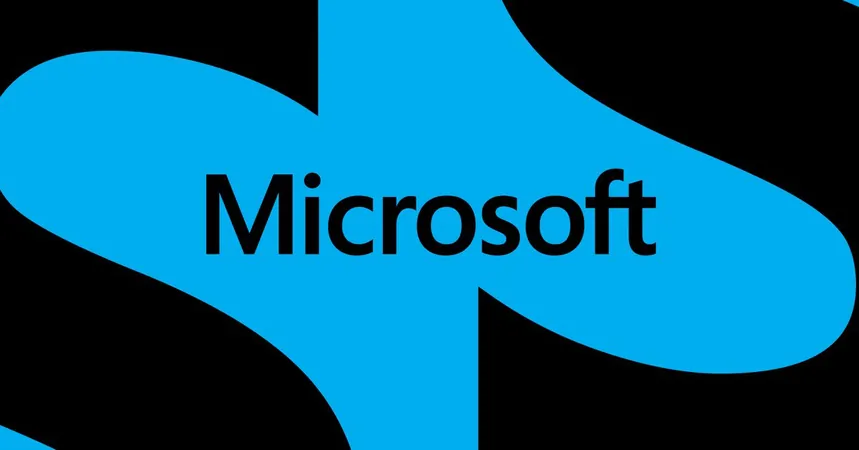
How Trump's Victory Could Supercharge Canadian Banks: Insights and Implications
2024-11-06
Author: Jacques
Introduction
With Donald Trump's recent election victory, Canadian banks may be poised to benefit significantly from the anticipated changes in economic policy. Trump's promises to lower corporate taxes, reduce regulations, and invest in the reshoring of jobs could mirror positive impacts seen in U.S. financial markets and funnel over to major Canadian lenders.
Ripple Effect on Canadian Banks
Analysts have pointed out that the optimism surrounding American banks following Trump's win may create a ripple effect north of the border. The Bank of Nova Scotia (Scotiabank), for example, is expected to gain from its strategic US$2.8 billion investment in KeyCorp, a Cleveland-based bank. This partnership could position Scotiabank favorably, especially since KeyCorp's share price jumped to US$19.49—up approximately 13% from earlier valuations—signaling strong market confidence.
Opportunities for Bank of Montreal
The Bank of Montreal (BMO), another Canadian giant, stands to gain from the same wave of optimism. Despite facing challenges in its U.S. segment, the bank’s analysts are hopeful that sentiment about its future performance is shifting positively. Gabriel Dechaine, an analyst from National Bank of Canada, suggested that potential traders of BMO might need to remain cautious about possible underperformance in the near term, despite an overall positive outlook.
International Banking Reforms
Interestingly, this environment of optimism isn't limited to day-to-day operations— Trump’s administration might also play a role in how Canada navigates international banking reforms. Over the last decade, the global financial landscape has undergone significant changes following the 2008 crisis, leading to the implementation of Basel III reforms which impose higher capital requirements on banks. While Canada has taken the lead in implementing these standards, questions remain about their necessity now that larger economies like the U.S. are signaling a possible rollback on such stringent regulations.
Implications for Compliance
Scotiabank's analyst, Meny Grauman, offers insights into the implications of these developments. He raised concerns that if the U.S. and Europe choose to modify these global banking rules, Canadian banks may need to reconsider their current compliance protocols. This reflection is critical as it is clear that the Canadian banking industry must adapt to avoid operating in isolation from major international markets.
Broader Market Reactions
Moreover, the broader financial markets are already reacting to Trump's presidency, described as unleashing a "power trade on steroids" across stocks, commodities, and currencies. Investors are keenly watching developments as they might lead to a shift in investment strategies not only in Canada but also globally. The Canadian Bankers Association has noted that it will continue to monitor how Trump's policies will unfold and what these changes could signify for Canadian banks and their customers.
Impact on Canadian Consumers
As the landscape evolves, the question remains: how will these potential changes impact the everyday Canadian consumer? With a mix of hope and caution, stakeholders across the financial sector are preparing for what could be a transformative chapter in Canadian banking history. For now, investors and consumers alike wait to see if Trump's promises translate into real gains—both in the U.S. and in the heart of the Canadian banking industry.









 Brasil (PT)
Brasil (PT)
 Canada (EN)
Canada (EN)
 Chile (ES)
Chile (ES)
 España (ES)
España (ES)
 France (FR)
France (FR)
 Hong Kong (EN)
Hong Kong (EN)
 Italia (IT)
Italia (IT)
 日本 (JA)
日本 (JA)
 Magyarország (HU)
Magyarország (HU)
 Norge (NO)
Norge (NO)
 Polska (PL)
Polska (PL)
 Schweiz (DE)
Schweiz (DE)
 Singapore (EN)
Singapore (EN)
 Sverige (SV)
Sverige (SV)
 Suomi (FI)
Suomi (FI)
 Türkiye (TR)
Türkiye (TR)